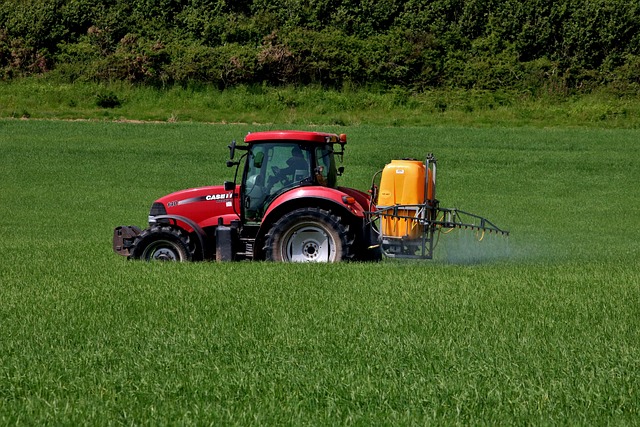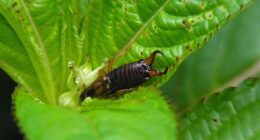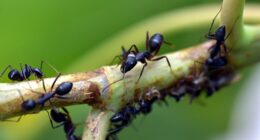Insecticides are used to control harmful insects while herbicides are used to control weeds and other unwanted plants. Both can be dangerous if not handled correctly. By understanding the differences between insecticide and herbicide, you can make an informed decision about which product best suits your needs for gardening or landscaping purposes.
Key differences between Insecticides & Herbicides
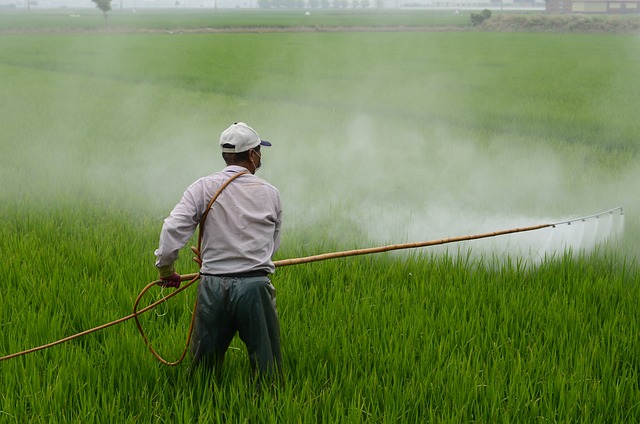
An insecticide is a type of pesticide that is used to kill insects. Herbicide, on the other hand, is a type of pesticide that is used to kill plants. Insecticides are typically used to control pests that damage crops or spread disease, while herbicides are typically used to control weeds. Insecticides are generally more toxic than herbicides and must be used more carefully.
How to choose the right pesticide for your garden
When it comes to pesticides, there are two main types: insecticide and herbicide. Both have their purposes and should be used accordingly.
If you’re having trouble with pests in your garden, then an insecticide is what you need. However, if weeds are your problem, then you’ll want to use a herbicide.
There are many different pesticides on the market, so it’s important to choose one that is specifically designed for the job you need it to do. Be sure to read the label carefully and follow the instructions before using any pesticide.
What are the 3 types of insecticides?
There are three main types of insecticides: Contact, systemic, and Fumigants.
Contact insecticides kill insects when they come into direct contact with the chemical. These products must be reapplied often to be effective.
Systemic insecticides are absorbed by the plant and then spread throughout the tissue, including the sap. They can be applied as a soil drench, through irrigation water, or as a foliar spray.
Fumigants are volatile substances that turn into a gas at room temperature. They penetrate deep into cracks and crevices to reach hidden insects and eggs.
Which insecticides are banned presently?
There are many different types of insecticides and herbicides, and new products are constantly being developed. Some insecticides and herbicides are more dangerous than others. To protect human health and the environment, some countries have banned or restricted the use of certain insecticides and herbicides.
The following is a list of some common insecticides and herbicides that have been banned or restricted in various countries:
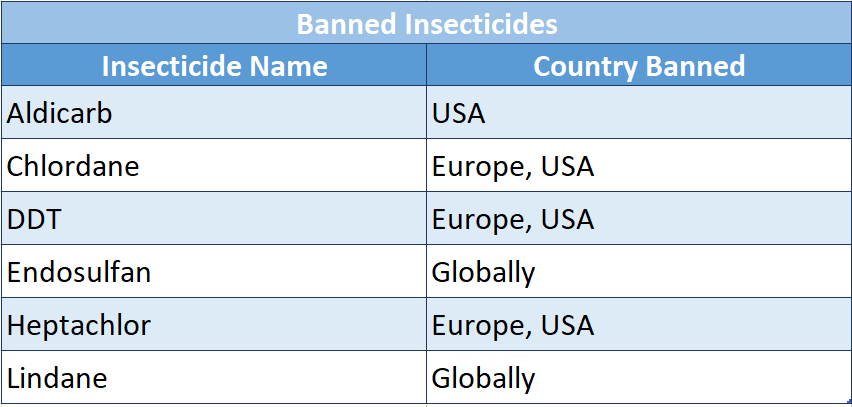
What is the safest insecticide?
There are many different types of insecticides available on the market, so it is important to read the label carefully to find one that is safe for your particular application. Some insecticides are designed for indoor use, while others are meant for outdoor use. Make sure you choose an insecticide that is labelled for the area you want to treat.
In general, organic insecticides are safer than chemical insecticides, but they may not be as effective. If you decide to use a chemical insecticide, be sure to follow the directions on the label carefully. Never mix chemicals unless you are sure it is safe to do so.
If you have pets or children in your home, be sure to keep them away from areas where you will be using insecticides. Store all pesticides in a safe place where children and animals cannot reach them.
What can I use instead of insecticide?
There are several ways to control pests without using insecticides. Some alternatives include:

Each method has its advantages and disadvantages, so be sure to do some research before choosing one.
What kills weeds permanently?
(AC works Co., Ltd. from Pixabay)
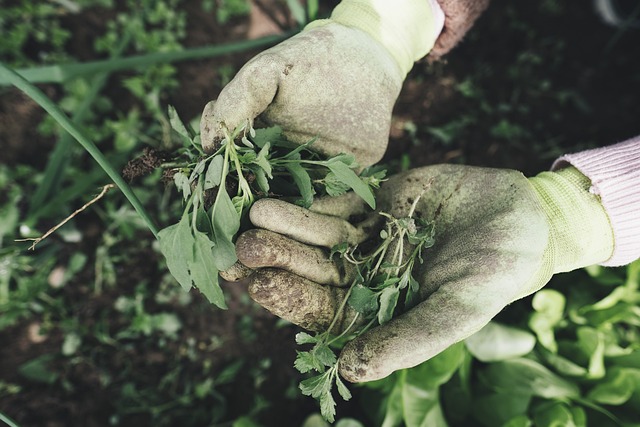
Weed killers, also known as herbicides, are designed to kill specific plants. Some herbicides only kill certain types of weeds, while others are broad-spectrum and will kill any plant they come in contact with. There are many different active ingredients in herbicides, and each one works differently.
There are three main ways that herbicides work:
- By Disrupting the weed’s growth cycle.
- By damaging the weed’s leaves or stem.
- By preventing the weed from producing seeds.
The most effective weed killers will have a combination of these three effects.
Most herbicides need to be applied directly to the weeds you want to kill. They can be sprayed on, or you can apply them with a brush or roller. Some products are designed to be applied to the soil, which prevents new weeds from growing.
Herbicides vary in how long they take to work. Typically, it takes about two weeks for the weed killer to work its way through the plant and kill it. However, some products work faster than others.
Some weed killers are designed to kill weeds permanently. These products contain ingredients that linger in the soil and prevent new plants from growing. Other products only kill the top growth of a plant, but the roots remain alive underground. This means that the plant will regrow unless you remove the roots as well.
Frequently asked questions about Insecticides & Herbicides
Can I use the same sprayer for herbicide and insecticide?
Yes, you can use the same sprayer for herbicide and insecticide. However, you will need to clean the sprayer thoroughly after each use to avoid contamination.
What is an example of a herbicide?
Herbicide is a type of pesticide that is used to kill unwanted plants or vegetation. Common examples of herbicides include Roundup, Glyphosate, and 2,4-D.
What is the most common insecticide?
There are a variety of insecticides on the market, but the most common one is pyrethrin. Pyrethrin is a natural compound found in certain flowers, and it’s very effective at killing insects. However, it’s also quite toxic to humans and animals, so it should be used with caution.
Can insecticides harm humans?
Yes, insecticides can harm humans. Symptoms of acute insecticide poisoning in humans include nausea, vomiting, diarrhoea, abdominal pain, and headaches. In severe cases, insecticide poisoning can lead to coma and death.
How long do herbicides stay active?
Herbicides are designed to kill plants, so they are typically more long-lasting than insecticides. glyphosate, for example, can remain active in the soil for up to 6 months. This is why it’s important to follow directions carefully and only use herbicides when necessary.
When should you not use herbicide?
Herbicide should not be used when plants are blooming, as this can harm pollinators. It is also important to be careful when using herbicides near water, as they can contaminate groundwater and surface water.
What is the full meaning of DDT?
The full meaning of DDT is “dichlorodiphenyltrichloroethane.” It is a colourless, crystalline solid that was first synthesized in 1874. However, its insecticidal properties were not realized until 1939. When used as an insecticide, DDT is usually applied as a fine powder or spray.
